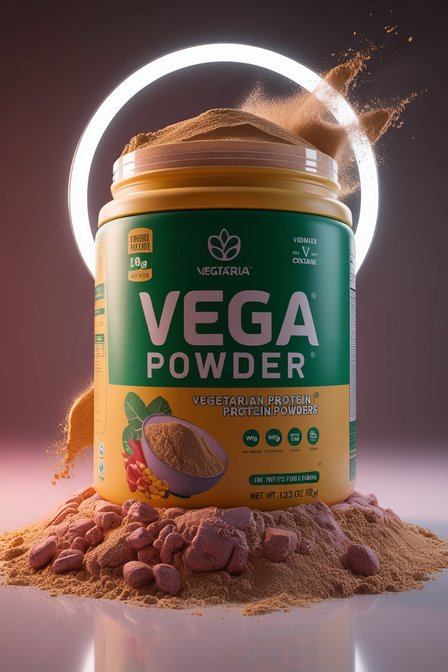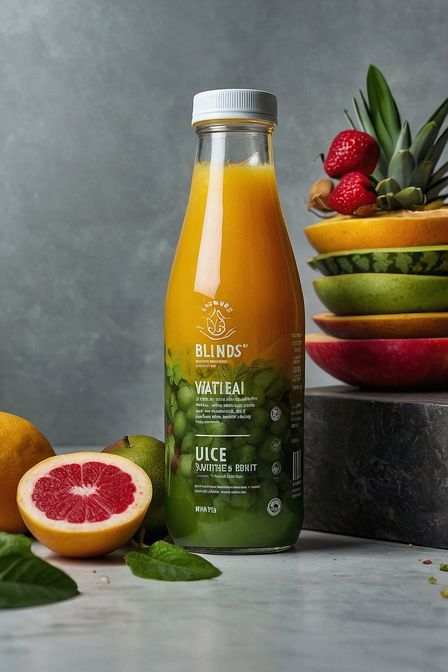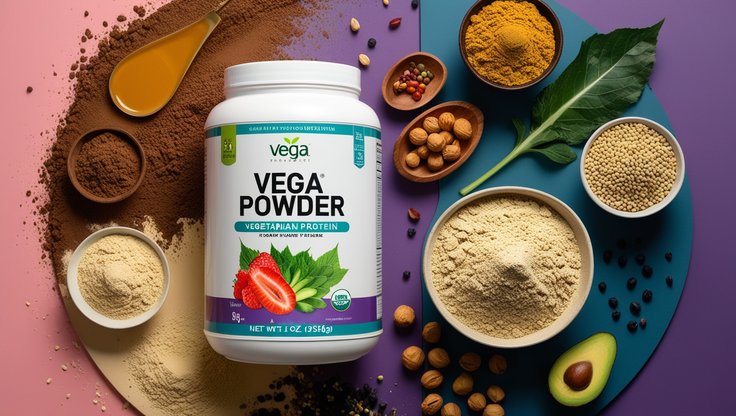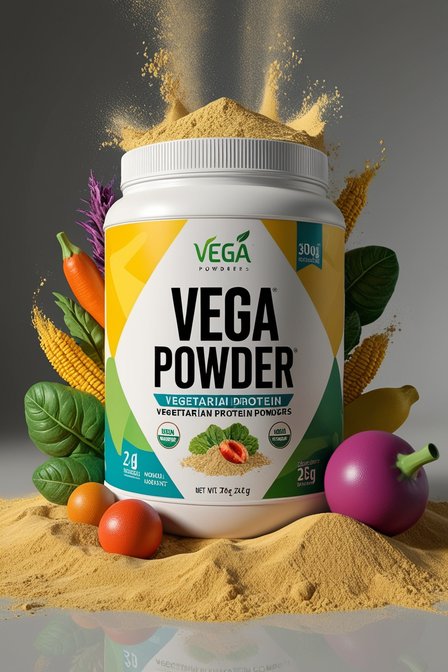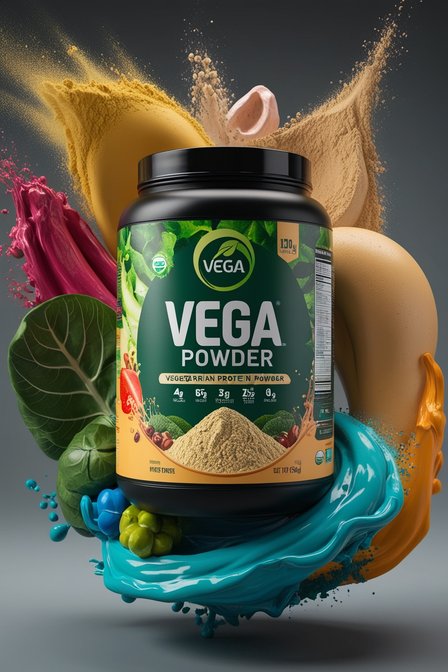Soy-Free Vegan Protein: A Comprehensive Guide
Introduction to Soy-Free Vegan Protein
Adopting a vegan lifestyle often leads to questions about adequate protein sources. While soy-based products like tofu and tempeh are popular, some individuals seek soy-free alternatives due to allergies, sensitivities, or personal preferences. This comprehensive guide delves into the world of soy-free vegan protein, exploring various sources, benefits, and practical tips for incorporating them into a balanced diet.
Understanding Protein and Its Importance
Protein is a macronutrient essential for numerous bodily functions, including muscle repair, enzyme production, and immune system support. For vegans, ensuring sufficient protein intake can be challenging, particularly when avoiding soy. However, a variety of plant-based foods provide high-quality protein without soy, making it possible to meet dietary needs effectively.
Key Sources of Soy-Free Vegan Protein
Legumes and Pulses
Legumes and pulses, such as lentils, chickpeas, black beans, and kidney beans, are excellent sources of protein. They are versatile and can be incorporated into various dishes, from soups and stews to salads and spreads. These foods are also rich in fiber, vitamins, and minerals, contributing to overall health.
Nuts and Seeds
Nuts and seeds, including almonds, walnuts, chia seeds, flaxseeds, and hemp seeds, offer substantial amounts of protein. They can be consumed as snacks, added to smoothies, or used as toppings for oatmeal and salads. Additionally, nut and seed butters, like almond butter and sunflower seed butter, provide a convenient protein boost.
Grains and Pseudograins
Grains and pseudograins, such as quinoa, amaranth, buckwheat, and teff, are notable for their protein content. Quinoa, in particular, is a complete protein, meaning it contains all nine essential amino acids. These grains can be used in a variety of recipes, from breakfast porridge to hearty main courses.
Vegetables
Certain vegetables, like spinach, broccoli, and Brussels sprouts, contain significant protein amounts. While vegetables may not be the primary protein source, they contribute to overall intake and offer numerous other health benefits, including vitamins, minerals, and antioxidants.
Plant-Based Protein Powders
For those seeking a concentrated protein source, plant-based protein powders made from peas, rice, hemp, or pumpkin seeds are excellent options. These powders can be mixed into smoothies, baked goods, or simply combined with water for a quick protein fix.
Benefits of Soy-Free Vegan Protein
Allergy-Friendly
Soy allergies are relatively common, and consuming soy-free protein ensures that individuals with sensitivities can maintain a nutritious diet without adverse reactions. This is particularly important for those who experience symptoms like digestive distress, skin issues, or respiratory problems after consuming soy.
Diverse Nutrient Profile
Relying on various soy-free protein sources promotes a diverse nutrient intake. Different foods provide unique combinations of vitamins, minerals, and antioxidants, supporting overall health and well-being. For instance, nuts and seeds are rich in healthy fats, while legumes offer high fiber content.
Supports Sustainable Agriculture
Choosing a variety of plant-based proteins can contribute to more sustainable agricultural practices. Many soy-free protein sources, like legumes and grains, have a lower environmental impact compared to animal-based proteins and large-scale soy farming. This includes reduced greenhouse gas emissions, lower water usage, and less deforestation.
Reduces Exposure to Phytoestrogens
Soy contains phytoestrogens, which are plant compounds that can mimic estrogen in the body. Some individuals prefer to limit their intake of these compounds due to concerns about hormonal balance. Opting for soy-free protein eliminates this exposure, providing peace of mind for those sensitive to phytoestrogens.
Incorporating Soy-Free Vegan Protein into Your Diet
Breakfast Ideas
Start your day with a protein-packed breakfast by incorporating soy-free options like chia seed pudding, quinoa porridge, or a smoothie made with almond milk and pea protein powder. Adding nuts, seeds, and fresh fruits can enhance the nutritional profile of your meal.
Lunch and Dinner Options
For lunch and dinner, explore dishes like lentil soups, chickpea salads, black bean tacos, and quinoa bowls. These meals are not only rich in protein but also offer a variety of flavors and textures. Incorporating a mix of vegetables, whole grains, and legumes ensures a balanced and satisfying diet.
Snacks and Desserts
Healthy snacks and desserts can also be protein-rich. Consider snacking on a handful of almonds, making energy balls with dates and hemp seeds, or enjoying a piece of homemade protein bar. These options are convenient and can help maintain energy levels throughout the day.
Cooking Tips and Recipes
Experimenting with new recipes can make incorporating soy-free protein fun and enjoyable. Try making a chickpea and vegetable stir-fry, black bean brownies, or quinoa stuffed peppers. Using herbs, spices, and other seasonings can enhance the flavors of your dishes, making them more appealing.
Challenges and Solutions
Meeting Protein Requirements
One of the main challenges of a soy-free vegan diet is ensuring adequate protein intake. To address this, focus on consuming a variety of protein sources throughout the day. Combining different foods, such as beans and grains, can help provide a complete amino acid profile.
Meal Planning and Preparation
Meal planning and preparation can simplify the process of incorporating soy-free protein into your diet. Setting aside time each week to plan meals, shop for ingredients, and prepare dishes in advance can make it easier to maintain a balanced diet. Batch cooking and storing meals in the freezer can also save time and effort.
Social and Dining Out
Dining out and social events can present challenges for those following a soy-free vegan diet. To navigate these situations, research restaurant menus in advance, communicate dietary needs to hosts, and bring a protein-rich dish to share at gatherings. Being proactive can help ensure you have suitable options available.
Conclusion
A soy-free vegan diet can provide all the necessary protein and nutrients for a healthy lifestyle. By exploring a variety of plant-based protein sources, including legumes, nuts, seeds, grains, vegetables, and protein powders, individuals can meet their dietary needs without relying on soy. Embracing a diverse range of foods not only supports overall health but also contributes to sustainable and ethical eating practices. With thoughtful planning and preparation, incorporating soy-free vegan protein into your diet can be both enjoyable and rewarding.
